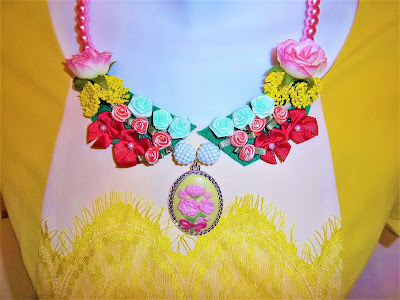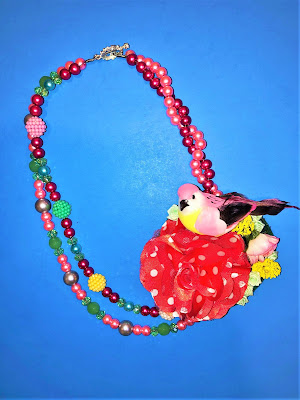It's exciting to read a new author. I'm always thinking, who is this person, and what does she (sometimes he) have to say? These questions and others unfurled as I delved into Louise Miller's The Late Bloomers' Club. As a late bloomer myself, I couldn't wait to see just what the phrase meant to Ms. Miller and her heroine. This is what I found:
Nothing ever happens in Guthrie, Vermont. So when eccentric cake lady Peggy Johnson dies unexpectedly and leaves her farm to the Huckleberry sisters, it causes a stir. And not just because the sisters are as different as Mozart and Miley Cyrus. But because a developer wants to buy Peggy's land to build a small business-destroying superstore.
Forty-two-year-old Nora has never left Guthrie and dutifully runs her parents' diner. Thirty-five-year-old Kit has followed her artistic whims all over the world. So when Kit blows back into town with her besotted boyfriend, there are fireworks. Kit is fun, and I admire her free spiritedness -- that is, until she starts infringing on the freedoms of others. Which is exactly what it seems like she's doing to Nora, the novel's anchor and narrator. Still, there are two sides to every story, and the other side of this one is that Nora is a martyr (to give you an idea, she takes on Peggy's cake baking business as well as the search for her missing dog). Miller is clever in setting up Kit as the "villain," forcing us to see her through Nora's eyes -- especially when Nora realizes that she's been wearing cloud-colored glasses that made her myopic. Because maybe Kit has held Nora back -- but maybe Nora has held Nora back too. The sisters' newfound inheritance forces them to take an honest look at each other and decide what's best for themselves and the town, all while untangling the growing mystery of Peggy's seemingly simple life.
And now it's quote time! Here are some wise words from Kit's (sort of) Buddhist boyfriend Max:
' "We're all suffering. I guess I just relate to people who are willing to share more of themselves. A lot of pain in the world could be alleviated if we could all admit when we're having a hard time." ' (93)
You said it, Max. And then, of course, there are some fashion snippets I love:
Nora describing a long-gone library volunteer:
' "Don't you remember her? She was really cool. She had all of these interesting dresses, and she always wore red cowboy boots. I've always wanted a pair." ' (174)
Nora describing Kit:
' "Short, curly red hair, dressed like Stevie Nicks and one of the Disney princesses started a fashion label together?" ' (177)
If such a brand existed, I'd be first in line. But back to business:
No one in this book is who he or she seems. And I don't mean that in a sinister, spy thriller kind of way, but in a we're-all-humans-just-doing-our-best kind of way that makes life's problems better, not worse. That said, Miller gives us multifaceted, sympathetic characters in a beautiful, bucolic setting. Also, as a bonus, this was the first time I heard the term "leaf peepers" used unironically (I'm looking at you, John Oliver). Charming yet poignant and tinged with the no-nonsense spirit for which New England is famous, The Late Bloomers' Club doesn't offer easy answers. But when it comes to the importance of taking a chance, it hits closer to home than anything I've read in a while.























































